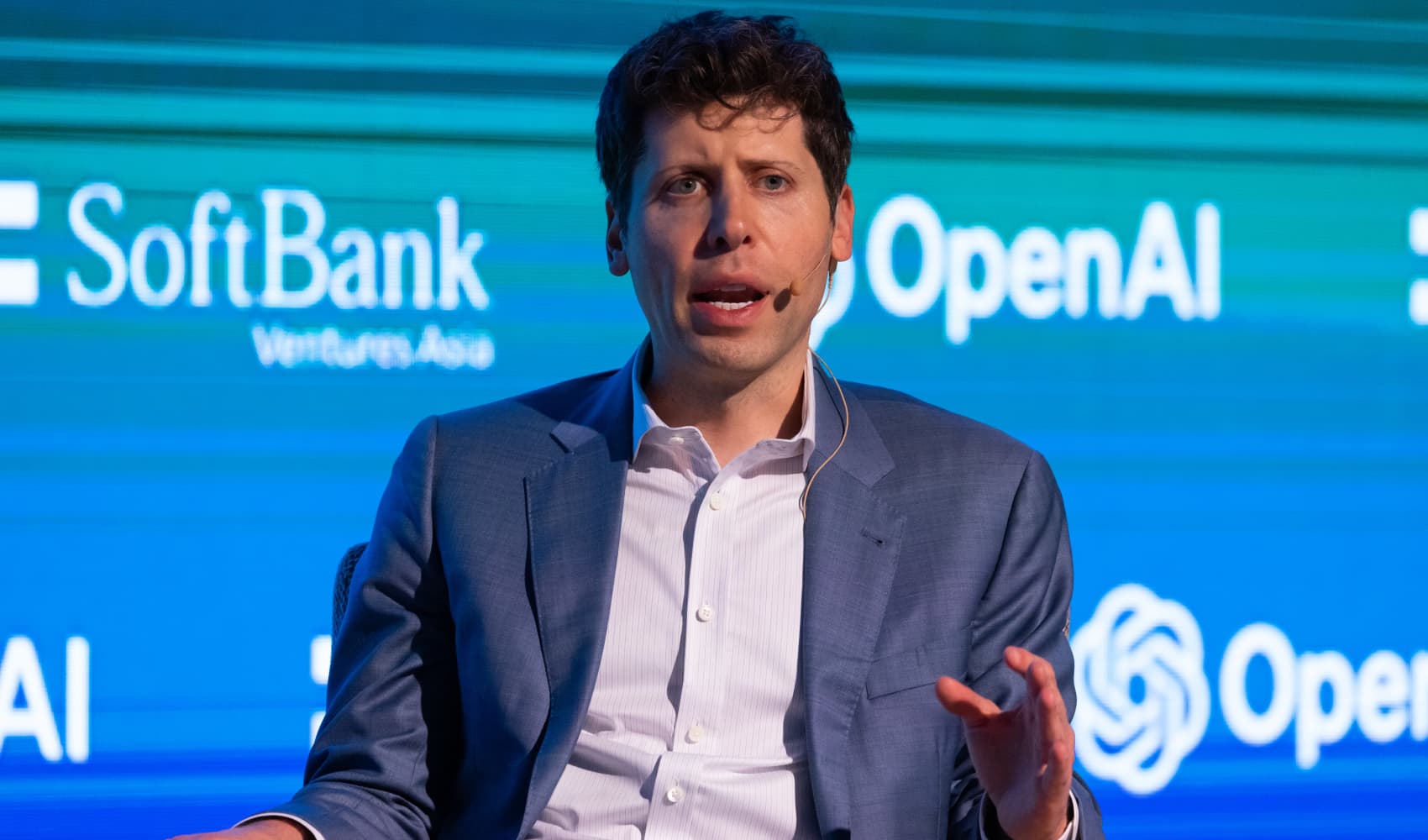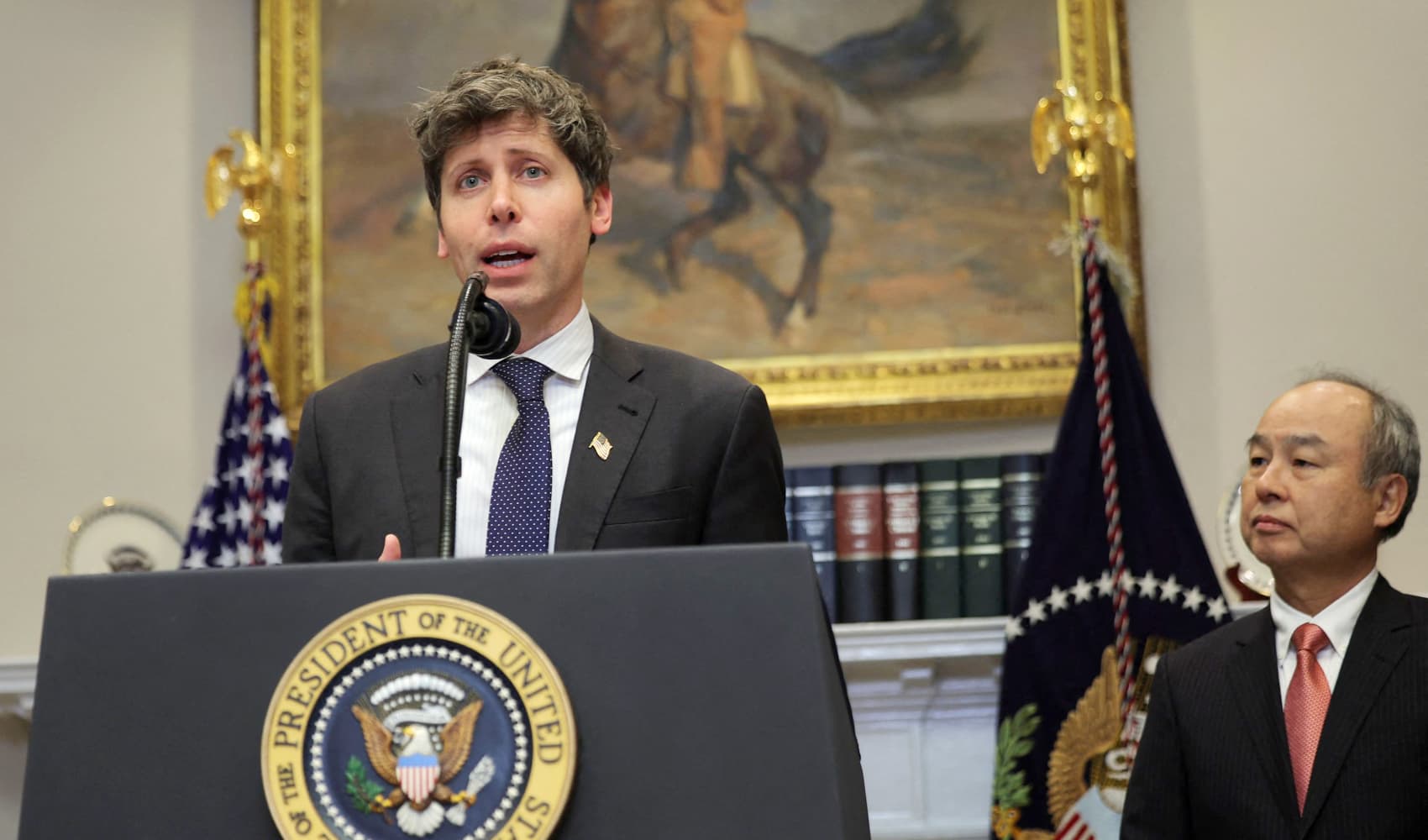OpenAI's Restructuring: Ex-Staffers Warn of Safety Risks
Ex-OpenAI Staffers Sound the Alarm: Should ChatGPT's Restructuring Be Halted?
Introduction: A Battle for OpenAI's Soul?
Imagine a world where artificial intelligence could decide our fate. Sounds like science fiction, right? But what if the seeds of that future are being sown right now, and a company's internal decisions could dramatically influence that outcome? That's the question being raised by a group of former OpenAI employees, who are urging state attorneys general to pump the brakes on the company's proposed restructuring. Are they just disgruntled ex-employees, or do they have legitimate concerns about the future of AI safety? Let’s dive in and find out what’s at stake.
The Letter Heard 'Round the AI World
A coalition of ex-OpenAI employees, Nobel laureates, law professors, and civil society organizations took a bold step last week. They sent a letter to the attorneys general of California and Delaware, urging them to halt OpenAI's restructuring efforts. Their core argument? That this restructuring threatens OpenAI's original mission of prioritizing safety and responsible AI development. The letter was then delivered to OpenAI’s board on Tuesday evening, escalating the pressure from within and outside the company.
"A Technology That Could Get Us All Killed?" - The Alarming Claim
Nisan Stiennon's Dire Warning
One of the most striking statements came from Nisan Stiennon, who worked at OpenAI from 2018 to 2020. He bluntly stated, "OpenAI may one day build technology that could get us all killed." That's a pretty strong statement, right? It highlights the extreme concerns that some former employees have about the potential dangers of unchecked AI development. Is this hyperbole, or a realistic possibility we need to consider?
The Underlying Fear: Uncontrolled AI
The underlying fear isn't necessarily about OpenAI becoming intentionally malicious. Instead, the concern is that the relentless pursuit of increasingly powerful AI, coupled with a shift in priorities towards profit, could lead to unintended consequences. Think of it like this: you build a super-powerful tool, but you don't have adequate safeguards in place. What could possibly go wrong?
The Restructuring: What's Changing, and Why Does It Matter?
From Non-Profit to For-Profit: A Fundamental Shift
The heart of the issue lies in OpenAI's proposed transition from a non-profit research organization to a "capped-profit" company. While OpenAI maintains that this structure still prioritizes safety, critics argue that it inevitably introduces a conflict of interest. Can a company truly prioritize safety when it's also under pressure to generate profits for investors? That's the million-dollar question (or, perhaps, the billion-dollar question, given OpenAI's valuation).
The Risk of Diluted Oversight
The letter argues that the restructuring would "subvert OpenAI's charitable purpose" and "remove nonprofit control and eliminate critical governance…" (as per the truncated content). This suggests that the existing oversight mechanisms, designed to keep AI development aligned with ethical principles, could be weakened or even eliminated. It’s like removing the brakes from a speeding car – you might go faster, but you also increase the risk of a crash.
Why California and Delaware? The Legal Angle
The Role of State Attorneys General
So, why are these former employees appealing to the attorneys general of California and Delaware? It's all about jurisdiction. California is where OpenAI is headquartered, and Delaware is a popular state for incorporating businesses. As such, these attorneys general have the legal authority to investigate and potentially challenge the restructuring if it's deemed to violate state laws or harm the public interest.
Protecting the Public Interest
Attorneys general are essentially the people's lawyers. Their job is to protect consumers and ensure that companies operating within their states are acting responsibly. In this case, the ex-OpenAI employees are arguing that the restructuring could pose a significant risk to the public, thus warranting intervention.
The Argument for Scrutiny: Precedent and Potential Harm
Setting a Dangerous Precedent
One of the concerns is that allowing OpenAI to restructure without careful scrutiny could set a dangerous precedent for other AI companies. If OpenAI can shift its priorities towards profit without any real accountability, what's to stop other companies from doing the same? It could create a race to the bottom, where safety is sacrificed in the pursuit of financial gain.
The Hypothetical Doomsday Scenario: Is it Real?
Let's address the elephant in the room: the "technology that could get us all killed" scenario. While it might sound far-fetched, experts acknowledge that advanced AI could potentially pose existential risks. These risks range from AI being used to develop autonomous weapons to AI systems making decisions that inadvertently harm humanity. The key is to ensure that AI development is guided by strong ethical principles and robust safety protocols.
OpenAI's Perspective: Defending the Restructuring
Maintaining Safety While Driving Innovation
Of course, OpenAI has a different perspective on the restructuring. The company argues that the capped-profit model is necessary to attract the investment needed to continue developing cutting-edge AI technologies. They also maintain that they are committed to prioritizing safety, regardless of the corporate structure.
Transparency and Accountability: The Key to Trust
OpenAI needs to demonstrate that it's committed to transparency and accountability, even with the restructuring. This could involve establishing independent oversight boards, publishing regular safety reports, and engaging in open dialogue with the public and experts.
The Bigger Picture: The Future of AI Governance
Who Decides the Future of AI?
This situation raises a fundamental question: who gets to decide the future of AI? Should it be left solely to the companies developing the technology, or should governments, ethicists, and the public have a greater say? It's a complex issue with no easy answers.
The Need for Global Standards
Ultimately, the development of AI needs to be guided by global standards and ethical frameworks. This requires collaboration between governments, industry leaders, and experts from various fields. Otherwise, we risk creating a future where AI benefits only a select few, while potentially posing risks to the rest of humanity.
Conclusion: A Crucial Crossroads for AI Development
The concerns raised by the ex-OpenAI employees highlight the critical importance of AI safety and ethical governance. Whether their fears are justified or not, their actions have forced a crucial conversation about the future of AI development. The attorneys general of California and Delaware now face the difficult task of weighing the potential benefits of AI innovation against the potential risks to public safety. One thing is clear: the decisions made in the coming weeks and months could have profound implications for the future of AI and, ultimately, for humanity itself. We are at a crossroads, and the path we choose will shape the world to come.
Frequently Asked Questions (FAQs)
Here are some frequently asked questions regarding OpenAI’s restructuring and the concerns raised by ex-staffers:
- Q: What exactly is OpenAI's proposed restructuring?
A: OpenAI is transitioning from a non-profit research organization to a "capped-profit" company. This means while profits are allowed, they are capped at a certain level, with any excess theoretically being reinvested in the company’s mission.
- Q: Why are ex-OpenAI employees concerned about this restructuring?
A: They fear that the shift towards a for-profit model could lead to a prioritization of profits over safety and ethical considerations in AI development.
- Q: What legal authority do the attorneys general of California and Delaware have in this situation?
A: California is where OpenAI is headquartered, and Delaware is a common state for incorporation. The attorneys general can investigate and potentially challenge the restructuring if they believe it violates state laws or harms the public interest.
- Q: Has OpenAI responded to these concerns?
A: Yes, OpenAI maintains that the capped-profit model is necessary for attracting investment and continuing AI development, and they assert that they remain committed to safety regardless of the corporate structure.
- Q: What can individuals do to stay informed and contribute to responsible AI development?
A: Stay informed about AI developments and the ethical considerations involved. Support organizations and initiatives that promote responsible AI development and advocate for government regulations that prioritize safety and ethical practices.


